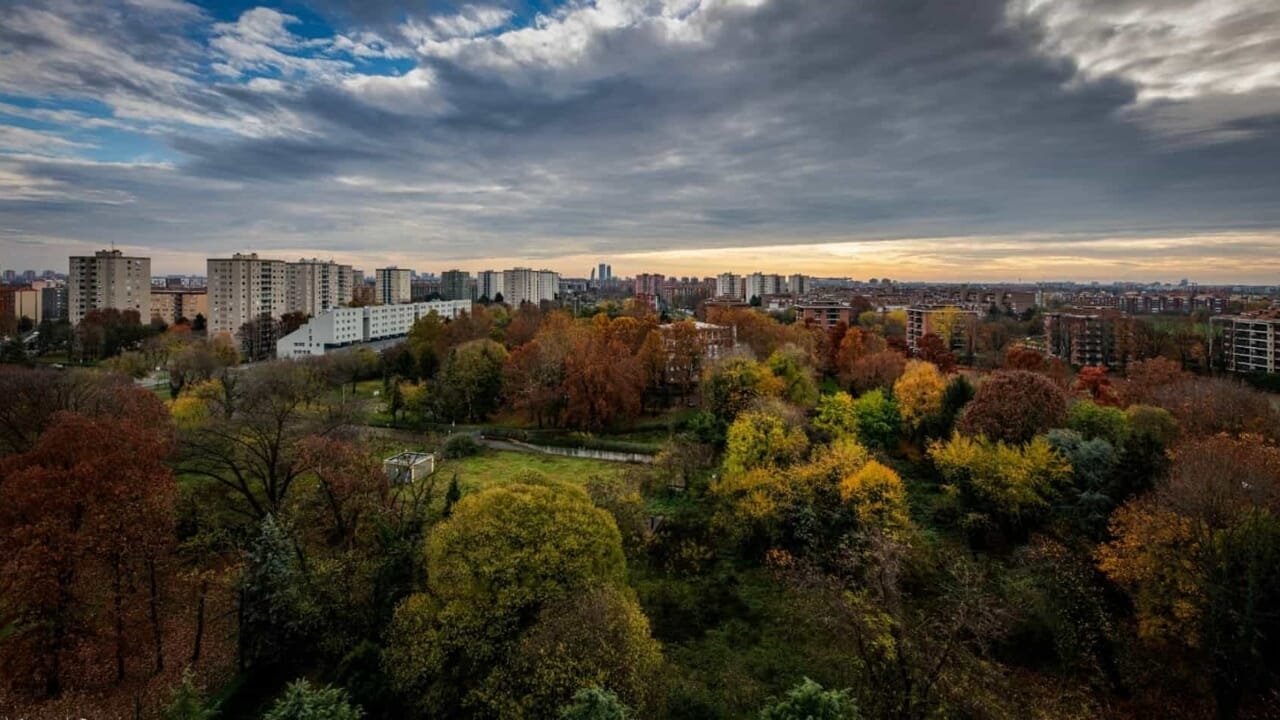Short-term rentals: from FI to US moderate, here are the changes to the budget.

The short-term rental budget is far from being a long one, with a multi-faceted debate spanning politicians, associations, and even the accounting courts. There's something for everyone, after the government included in its budget bill a tax increase from 21% to 26% on short-term rentals, the preserve of small landlords who rent to tourists. But amid protests and promises of amendments, the ball is still in the court, and it's all being played out in parliament.
In the bill, the flat-rate tax remains at 21% only for those who rent a single unit directly, while it increases to 26% for rentals managed through intermediaries or portals. Economy Minister Giancarlo Giorgetti defended the measure. "We have intervened on the flat-rate tax that governs Airbnb, and we don't believe we've harmed anyone who needs to live in their own homes," he said in a hearing before the Budget Committee. "But we need to reflect on the fact that over the years, the system has created a relative advantage in renting to tourists rather than to less wealthy families or those seeking residence. This is a fact. Are there other solutions? Good, we're willing to evaluate them."
The tax displeases the Forza Italia party, which has been a political banner since the Berlusconi era. Thus, Deputy Prime Minister and Forza Italia secretary Antonio Tajani digs in, promising changes in Parliament: "We want to protect housing, the primary asset of Italians, reduce the tax burden on businesses, promote the construction of infrastructure, and reward those who guarantee our safety," he declared, announcing a Forza Italia summit to coordinate amendments to the budget. "Stop tax increases on short-term rentals," he reiterated, marking his distance from the Ministry of Economy and Finance and effectively opening the internal front within the majority. However, he is not alone in this battle. The leader of the Northern League also distances himself from Giorgetti and announces that "the law will be repealed in Parliament," while also considering a different tax regime for owners of multiple properties: "If someone owns 50 homes, they can pay a little more."
In parliament, the battle has already begun. "Parliament should consider Noi Moderati's proposal to reform the rental system, while examining the budget law, with a 26% rate on short-term rentals, cutting the rate on long-term rent-free rentals from 21% to 15%, and leaving the 10% rate for agreed-upon rent unchanged," explained Noi Moderati leader Maurizio Lupi. "The goal," he added, "is to incentivize landlords to rent out their homes long-term, thus providing solutions to the many Italians, especially in large cities, who struggle to find a home due to high rents. We will present an amendment; let's discuss it openly."
Stefano Patuanelli, president of the Five Star Movement senators, agrees, but from opposite sides. "As part of a completely flawed plan, we intend to propose a tax exemption for long-term rentals," he said. "The government, contradicting the much-vaunted 'sacredness' of housing, has increased the flat-rate tax on short-term rentals and cut benefits for young people. But now is the time to reduce taxes, not raise them." This approach, according to Patuanelli, is in line with what was already being advocated "by all real estate sector bodies during the hearings."
ilsole24ore





